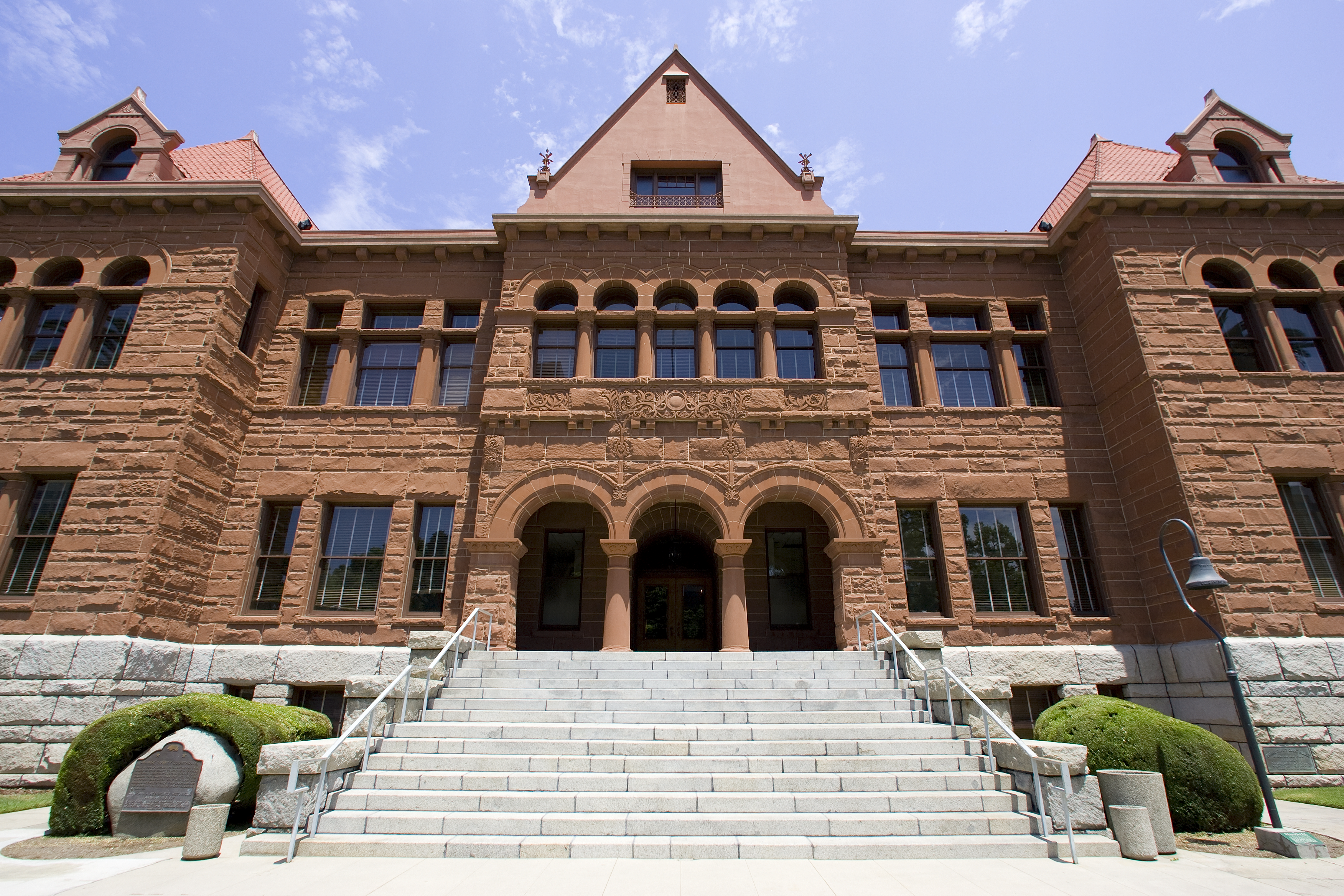DOJ Cuts Off Negotiations, Sues Orange County, CA Over Voter Records

The U.S. Department of Justice filed suit Wednesday against Orange County, California, accusing the county’s top election official of withholding voter registration records in violation of federal voting law.
Just a day before, county election administrators offered to work with the DOJ to provide the information at issue while protecting voter privacy, according to emails obtained by Democracy Docket.
On Tuesday, Orange County Counsel James D. P. Steinmann reached out to DOJ Senior Counsel and Acting Chief of Voting Section Maureen Riordan, confirming the transmission of voter registration documents and offering a pathway to cooperation.
“To avoid a lawsuit, would the USDOJ consider another mechanism to enable the County to provide the USDOJ with this sensitive information?,” Steinmann wrote in an email. “Would the USDOJ be amenable to entering into a confidentiality agreement that would enable us to provide records with assurances that such sensitive personal identifiers will remain confidential and be used for governmental purposes only?”
Less than 24 hours later, the Justice Department sued Orange County requesting unredacted information, including driver’s license numbers, Social Security numbers and voter ID data.
The lawsuit stems from a DOJ investigation into whether non-citizens were registered or received mail ballots in Orange County. After receiving a complaint in May, the DOJ requested detailed documentation of all voter registrations canceled due to non-citizen status since 2020.
In response, Orange County Registrar of Voters Robert Page provided records on 17 such cases, some of which had been confirmed by the District Attorney. But citing California privacy laws, the County redacted sensitive personal information.
“The redactions applied here are necessary to balance the NVRA’s goal of ensuring transparency and accountability in the voter registration process with registrants’ statutory privacy rights,” the County wrote to the DOJ last Friday. “If the Department of Justice can provide legal authority that requires the Registrar of Voters to produce the sensitive information… we would certainly be open to further consideration of the matter.”
Riordan rejected those protections, insisting that the redacted records were insufficient to determine compliance with the Help America Vote Act (HAVA) and that “California statutes on which you relied to redact the information is pre-empted when it conflicts with our enforcement authority.”
County officials, however, argue that federal law does not grant DOJ unfettered access to confidential voter data at least not without a subpoena or judicial order. In their communications, they repeatedly expressed a willingness to cooperate through secure, lawful channels.
“We may be able to work out the details in a way that suits the needs of all parties,” Steinmann wrote.
DOJ attorneys state that when asked on June 23 if the County would comply, Steinmann “confirmed by telephone, that the Defendant would not be providing the requested unredacted records.”
The Justice Department’s complaint is signed by multiple attorneys, including Bilal Essayli, the U.S. Attorney for the Central District of California, and Michael Gates, Deputy Assistant Attorney General of the Civil Rights Division.
Essayli previously served in the California State Assembly, where he publicly supported legislation to require voter ID and stricter verification measures for voter registration. Gates, former city attorney of Huntington Beach, championed a local charter amendment to require voter ID at municipal elections, an ordinance that defied state election law and triggered legal battles with the California Attorney General.
This is the second lawsuit filed by the DOJ’s Voting Section under Maureen Riordan, both anti-voting. Riordan, a former attorney for the Public Interest Legal Foundation, has a long record of working to impose voting restrictions, as detailed in earlier reporting by Democracy Docket.
The first DOJ lawsuit, filed in May against North Carolina, similarly seeks to impose new registration burdens and could disenfranchise thousands of voters.